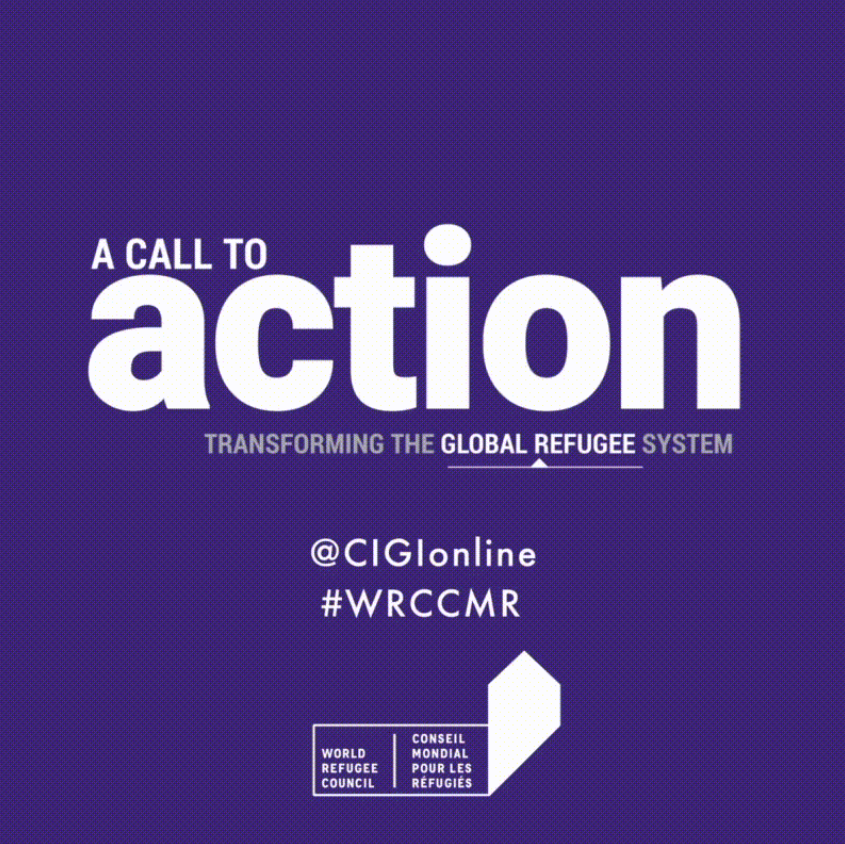Global Refugee Response System Needs Transformative Change
 Our world suffers not so much from a refugee crisis as a political crisis — a deficit of leadership and vision and, most fundamentally, a shortfall of humanity and empathy. A United Nations (UN) system designed for another age is left to cope with today’s mass displacements of people, applying conscience-salving humanitarian remedies to political and economic problems, with entirely predictable but utterly inadequate results. Innovation is urgently needed.
Our world suffers not so much from a refugee crisis as a political crisis — a deficit of leadership and vision and, most fundamentally, a shortfall of humanity and empathy. A United Nations (UN) system designed for another age is left to cope with today’s mass displacements of people, applying conscience-salving humanitarian remedies to political and economic problems, with entirely predictable but utterly inadequate results. Innovation is urgently needed.
The number of forcibly displaced people is at its highest since World War II — 68.5 million at the end of 2017. The Syrian conflict has forced half that country’s population to leave home. Hundreds of thousands of people in the Democratic Republic of the Congo (DRC) have been displaced multiple times. At present, Uganda is simultaneously hosting displaced people from South Sudan, the DRC and Burundi. Rohingya refugees live precariously in makeshift camps along riverbanks in Bangladesh, their prospects poor. Afghan asylum seekers are forced to return to their country, only to join the swelling ranks of people who have been internally displaced amid protracted insecurity. Thousands of Venezuelans flee to Colombia every day, many experiencing sexual and physical threats and assaults on their journeys. Women and girls, in particular, desperately need protection.
In the United States, a president invokes an “America First” creed, impugns Muslims, ends funding for Palestinians and shreds refugee programs. In Europe, “not welcome” signs are up. Ships carrying refugees rescued in the Mediterranean are turned away from port after port, in a distressing echo of Jews trying to flee the Nazis’ tightening grip on Europe in the 1930s. Often refugees are sent back to countries where their lives are in danger, in direct violation of Article 33 of the 1951 Refugee Convention. And, in more than 100 countries, internally displaced persons (IDPs) — people displaced within the borders of their own countries — remain in limbo, largely out of sight and mostly out of mind, unable to return to their homes or settle elsewhere…